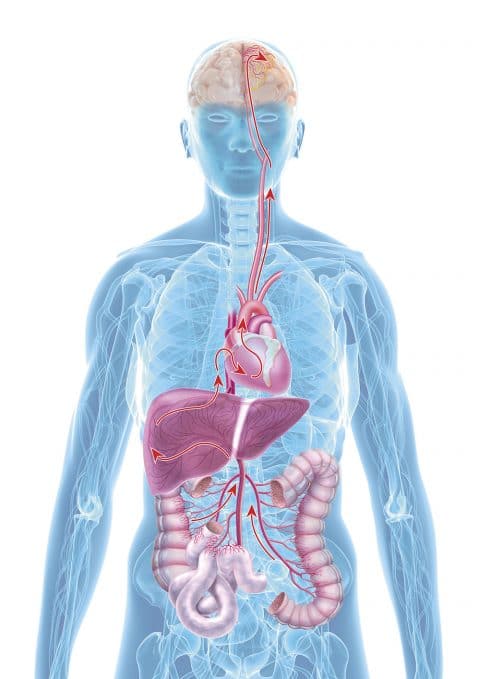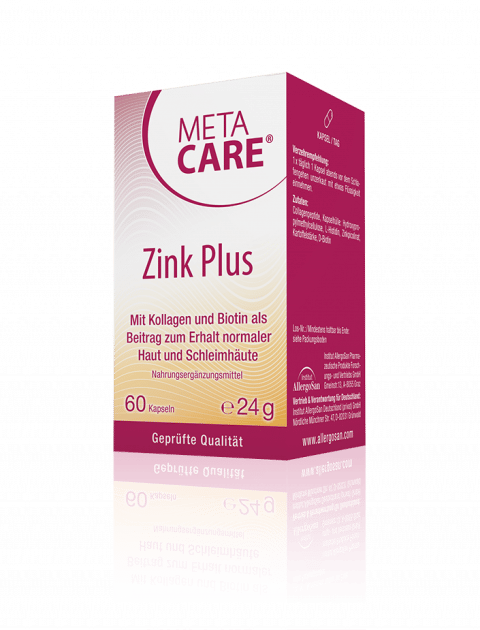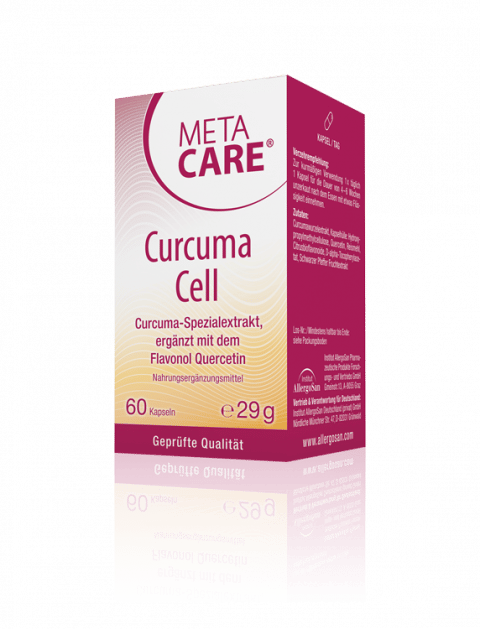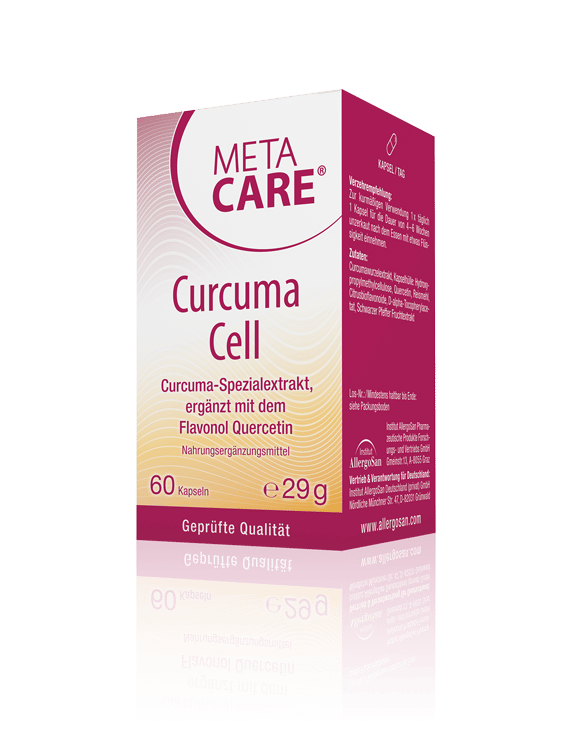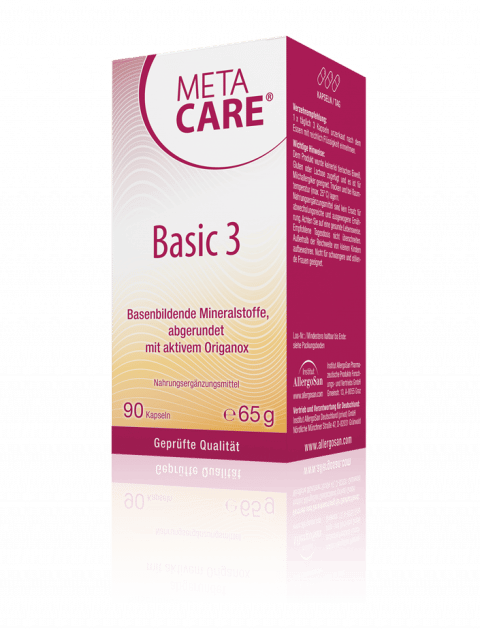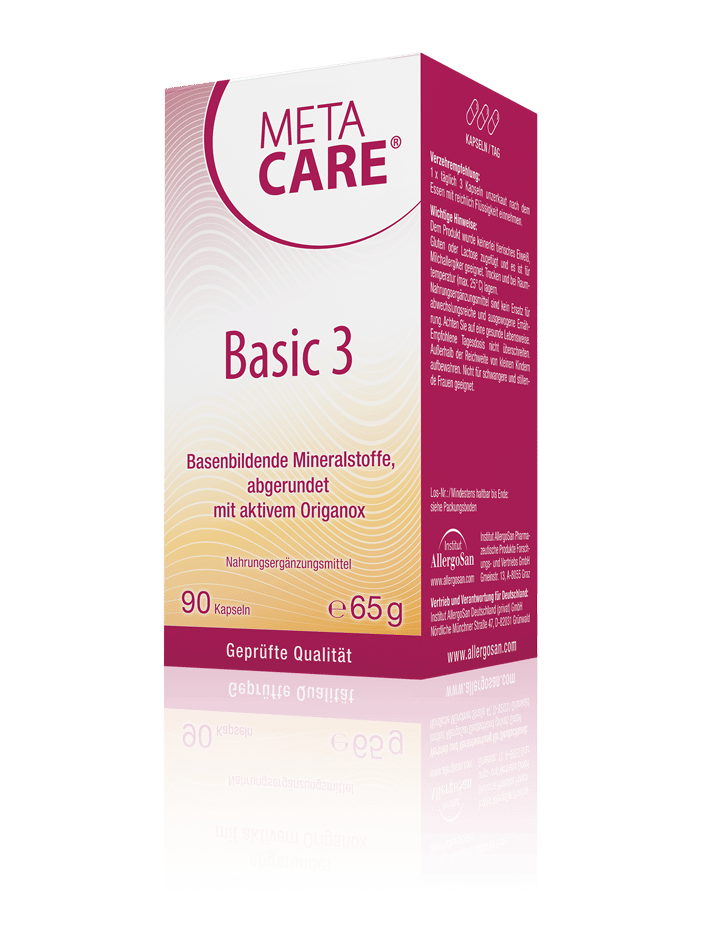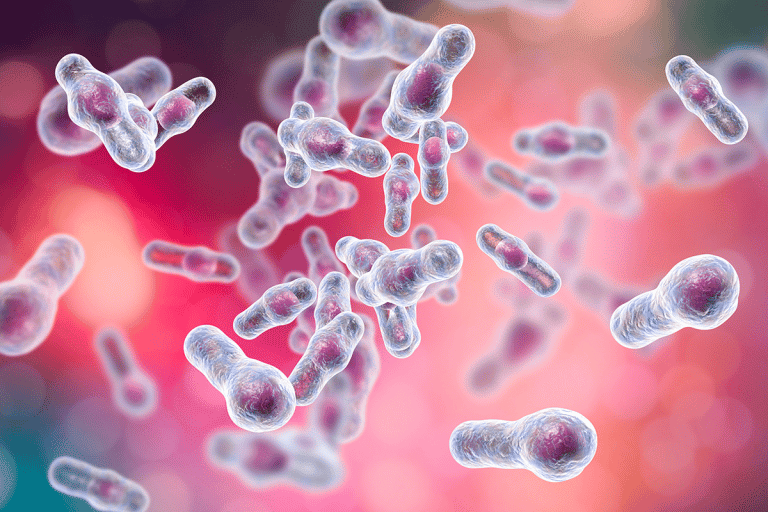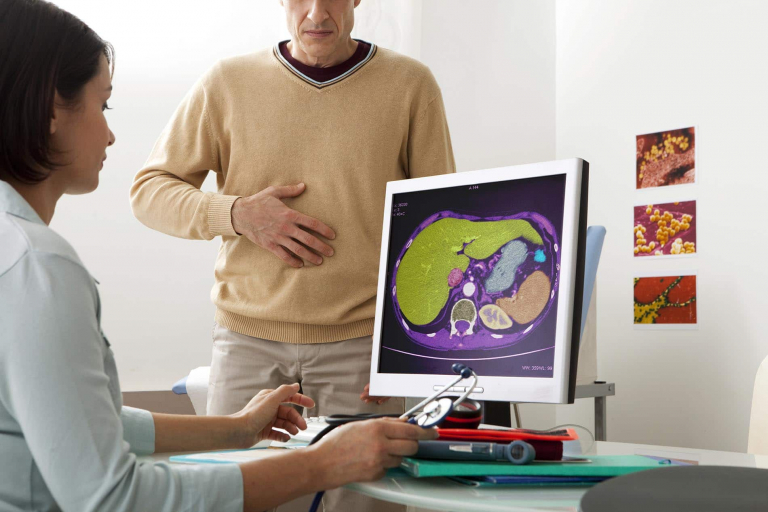
Probiotics and Parkinson’s disease

Prim. Dr. Martin Heine: Chairman of the neurology department at the Feldbach/Fürstenfeld state hospital
Parkinson’s is one of the most common neurological diseases and affects 1-3% of all 60-65-year-olds. Besides slowing down movement, main symptoms also include muscle stiffness and trembling. Many patients also suffer from indigestion, especially constipation, that not only hinders the absorption of medication but also drastically diminishes the quality of life of the affected.
The risk of developing Parkinson’s disease significantly increases with age. Due to the fact that humanity is constantly getting older, the amount of Parkinson patients is also rising. Patients typically develop Parkinson between the age of 50 and 70, although 5% of patients are younger than 40. Scientists are still investigating the cause. Among others, genetic predispositions (e.g. defective metabolism or detoxification) and environmental factors (e.g. pesticides) are associated with Parkinson’s, and 5% of the disease is directly inherited.
Too little dopamine
The root of the disease lies in the so-called „black substance“ (Substantia nigra) of the midbrain. This area contains special nerve cells that produce the neurotransmitter dopamine – which is imperative for controlling movement. When these dopamine-producing nerve cells die off, there is a shortage of the neurotransmitter, and this is the main cause of Parkinson’s disease. The lack of this „movement-messenger“ clearly exhibits the main symptoms of the disease: slow movement (bradykinesia), muscle stiffness (rigor), trembling (tremor; whereas this symptom only occurs when patients don’t move), vertigo as well as restrictions in facial expression. These main symptoms, however, are only visible when about 60-70% of the dopamine-producing cells have died off.
The intestines as the centre of diseases?
Often enough, many years before the motoric symptoms, unspecific symptoms such as back and shoulder pain, altered handwriting, disturbances in circulatory regulation, smell impairment and constipation arise. The first signs of Parkinson’s disease can be found in the gut if you look for it directly: Patients who were diagnosed with Parkinson’s at an early stage showed a specific protein in the nervous system of the intestinal wall. This so-called Alpha-synuclein is responsible for killing off dopamine-producing nerve cells. Furthermore, Parkinson patients also have an altered gut-flora composition. These insights clearly show that the „gut-brain“, the so-called enteric nervous system, and the gut-brain-axis play a central role in the development of Parkinson’s.
Even digestion slows down
Disturbances in the digestive system are one of the most common symptoms of Parkinson patients next to movement limitations, whereas most patients already suffer from constipation and bloating before their diagnosis (of course not every person that suffers from digestive disturbances automatically has Parkinson’s). These afflictions are, on the one hand, a result of the slowing down of muscles that transport digested food through our stomach and intestines and, on the other hand, a loss of nerve cells in the brain and intestines that control the intestinal function. Furthermore, many Parkinson drugs cause constipation that intensifies existing symptoms. These severe digestive disturbances put more strain on patients and limit their quality of life.
Probiotics for Parkinson patients
In light of this, the chief physician Dr Martin Heine, head of the neurology department at the Feldbach/Fürstenfeld state hospital, conducted a pilot study: Over a time period of 8 weeks, doctors studied the effects of special multi-species probiotics on the digestion (constipation symptoms) and motor function of Parkinson patients. Results show that the stool frequency clearly increased through the use of the probiotics, and especially the form and consistency improved vastly: Before starting the probiotic therapy, the stool consistency was a clear indication of constipation (measured using the Bristol stool chart; see scale). After the 8-week probiotics intake, patients had „optimal faeces“. Notably positive was the fact that the Parkinson patients didn’t suffer from unwanted reactions such as diarrhoea or bloating, as opposed to standard laxatives.
Are gut bacteria the future therapy?
In order to treat Parkinson’s by targeting the modulation of the bowel flora, many tests and long-term studies are needed, but most importantly, criteria that allow an early detection of patients at risk in the development of Parkinson’s. In that case, a probiotic therapy can target the brain-gut-axis to delay the progression of the disease and maybe even prevent its development.
Bristol-stool-chart
The Bristol-stool-chart gives you an overview of the form and consistency of human faeces in order to determine the transit time through the intestines.
Type 1: up to 100 hours (constipation)
Type 7: about 7 hours (diarrhoea)
Type 3-4: optimal faeces

